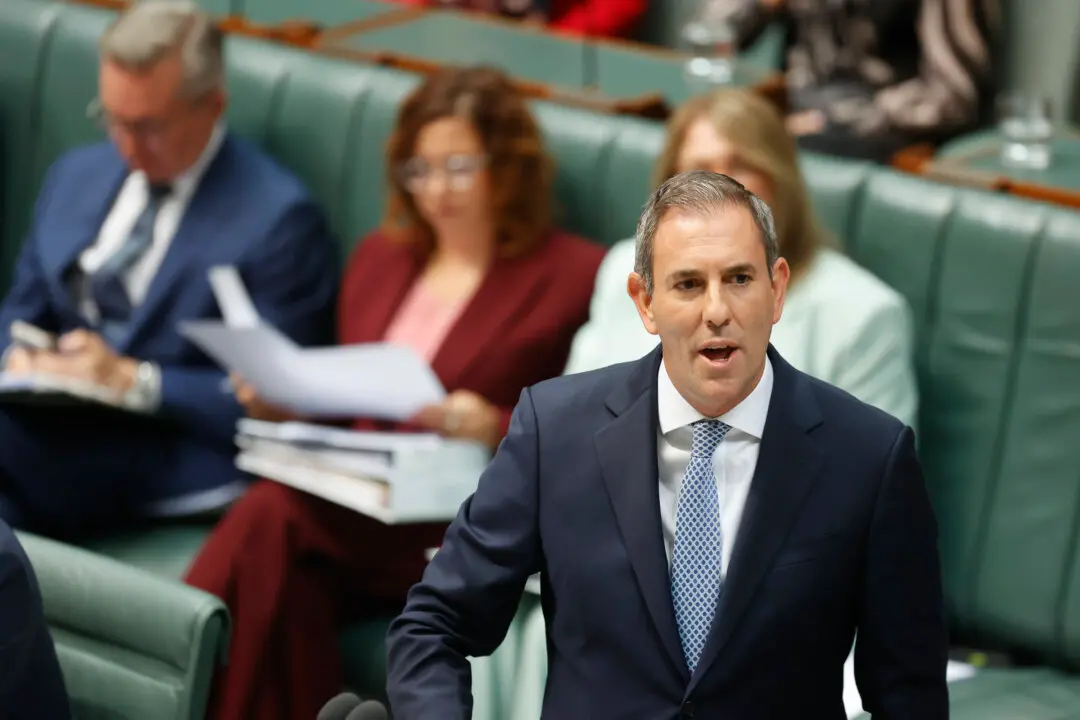The Australian government has scrambled to put forward new laws in response to a High Court decision outlawing ankle monitoring and curfew restrictions for migrant detainees.
The judgement was handed down on Nov. 6 and affects those released into the community after a contentious 2023 High Court decision ruled that “indefinite detention” for illegal detainees unlawful.





